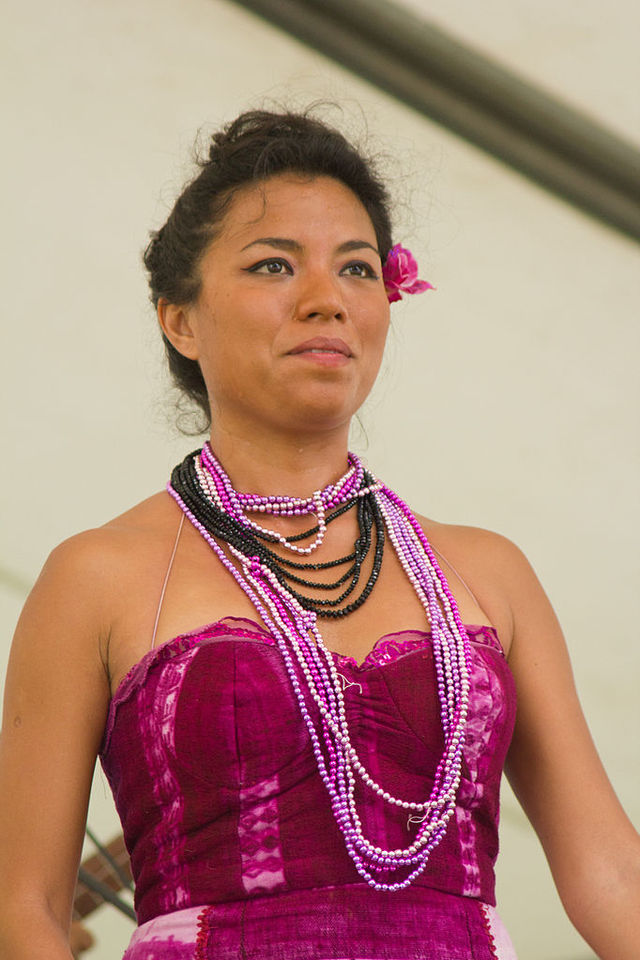Aural Fixation: Only In Oaxaca
Alejandra Robles At Teatro Alcalá


Alejandra Robles
Wings of Freedom!/Wikimedia Commons

Wings of Freedom!








